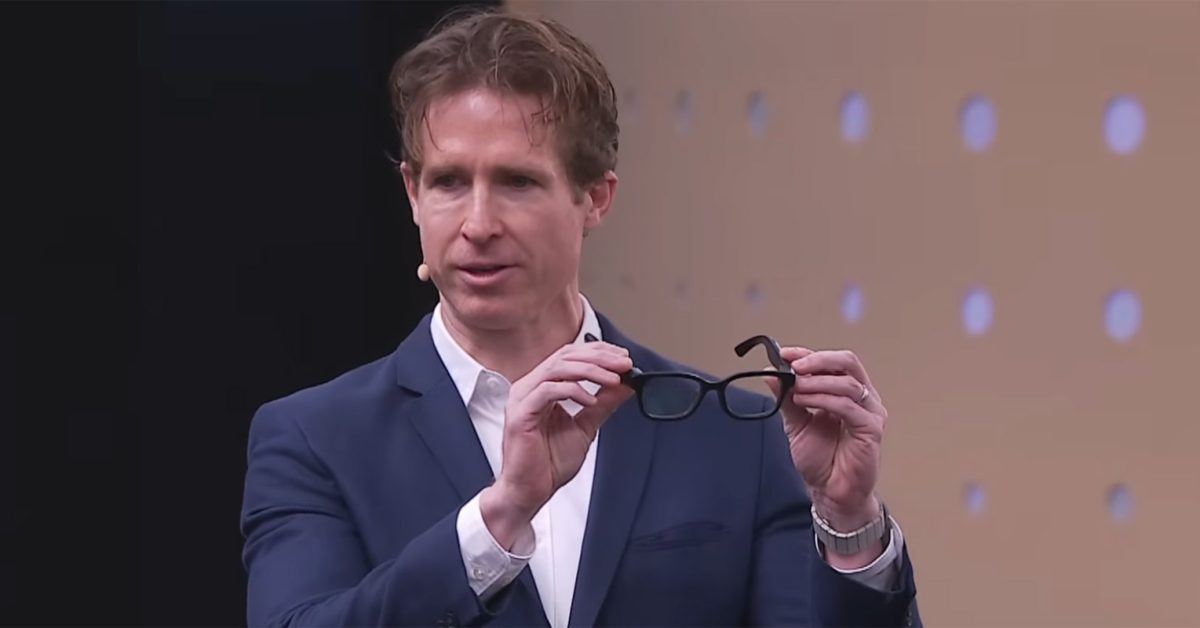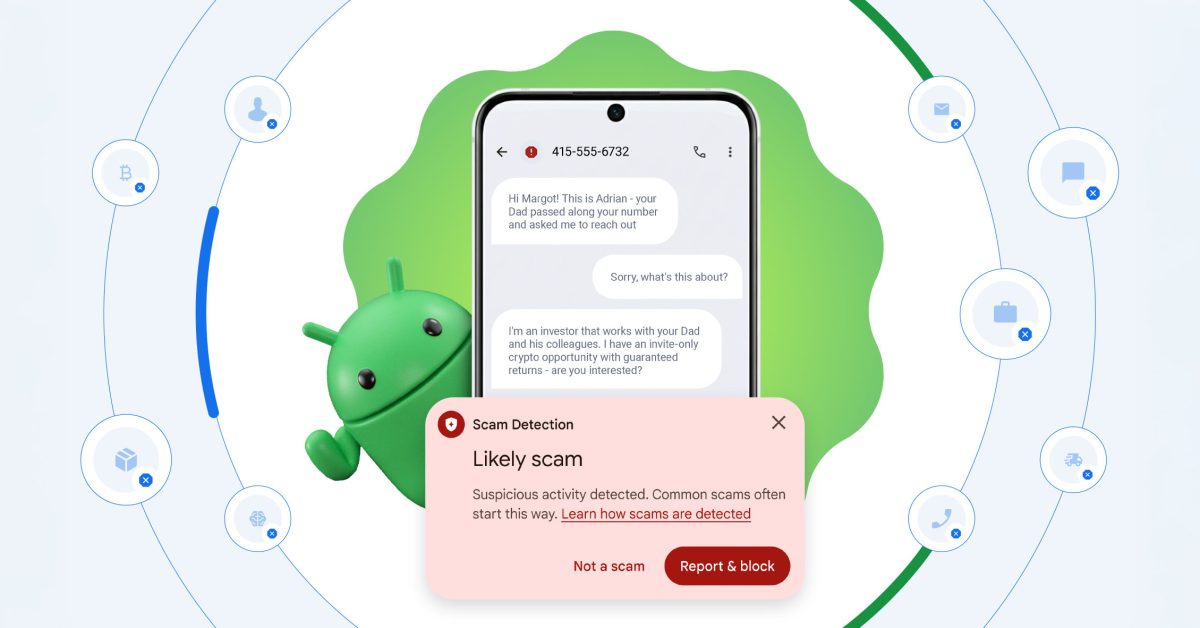google clock for wear os is now Google has officially announced that the Clock app for Wear OS will now be exclusive to the Pixel Watch, mirroring a similar move made with the Weather app.
google clock for wear os is now
Introduction to the Change
This decision marks a significant shift in how Google is positioning its software offerings for wearable devices. By limiting the availability of the Clock app to only the Pixel Watch, Google aims to create a more integrated ecosystem for its hardware and software, enhancing user experience while potentially driving sales of its flagship smartwatch.
Background on Wear OS and Google’s Strategy
Wear OS, Google’s operating system for smartwatches, has seen various iterations since its inception. Initially launched as Android Wear in 2014, it was rebranded to Wear OS in 2018 to better reflect its compatibility with both Android and iOS devices. Over the years, Google has made several attempts to enhance the platform, including partnerships with manufacturers like Fossil and Samsung.
Despite these efforts, Wear OS has struggled to gain significant market share compared to competitors like Apple’s watchOS. Google’s strategy has increasingly focused on promoting its own hardware, particularly the Pixel line, which includes smartphones and smartwatches. By making certain applications exclusive to the Pixel Watch, Google is likely aiming to create a more compelling reason for consumers to choose its devices over those offered by third-party manufacturers.
The Implications of Exclusivity
Exclusivity can have both positive and negative implications for users and the broader smartwatch ecosystem. On one hand, it allows Google to optimize the Clock app for the Pixel Watch, potentially leading to a more seamless user experience. Features can be tailored specifically for the hardware, improving performance and functionality.
On the other hand, this move raises concerns about fragmentation within the Wear OS ecosystem. Users of other Wear OS devices may feel alienated as they lose access to a fundamental application that many rely on for daily tasks. This could lead to dissatisfaction and may even push some users to consider switching to other platforms.
Potential Benefits for Pixel Watch Users
For users of the Pixel Watch, the exclusivity of the Clock app could mean several enhancements:
- Optimized Performance: The app can be designed specifically for the Pixel Watch’s hardware, potentially improving speed and responsiveness.
- Enhanced Features: Google may introduce features that leverage the unique capabilities of the Pixel Watch, such as advanced health tracking or integration with other Google services.
- Unified User Experience: With exclusive apps, users may find a more cohesive experience across their devices, as Google can ensure that software and hardware work seamlessly together.
Concerns for Non-Pixel Watch Users
Conversely, users of other Wear OS devices may face several challenges:
- Loss of Functionality: The absence of the Clock app could limit the functionality of their devices, forcing users to seek alternatives that may not offer the same level of integration or features.
- Frustration with Fragmentation: As Google continues to create exclusive applications, users may become frustrated with the lack of uniformity across the Wear OS platform.
- Potential Shift in Market Dynamics: If Google continues to prioritize its own hardware, it may inadvertently push users towards competitors, particularly if they feel that their needs are not being met.
Reactions from Stakeholders
The announcement has elicited a range of reactions from stakeholders, including consumers, industry analysts, and competitors.
Consumer Reactions
Many consumers have expressed mixed feelings about the exclusivity of the Clock app. Some Pixel Watch users welcome the news, believing it will enhance their experience. Others, particularly those who own devices from other manufacturers, have voiced frustration and disappointment. Social media platforms have become a hotbed for discussions, with users sharing their thoughts on how this change will affect their daily routines.
Industry Analysts’ Perspectives
Industry analysts have weighed in on the implications of this move. Some view it as a strategic decision aimed at bolstering the Pixel Watch’s market position. They argue that by creating a more compelling ecosystem, Google can better compete with Apple and other smartwatch manufacturers. Others, however, caution that this approach could backfire if it alienates a significant portion of the Wear OS user base.
Competitor Responses
Competitors in the smartwatch market are likely observing this development closely. Companies like Apple, Samsung, and Fitbit may see an opportunity to attract users who feel disenfranchised by Google’s decision. By offering comprehensive features and applications that are accessible across a wider range of devices, these companies could position themselves as more user-friendly alternatives.
Future of Wear OS and Google’s Hardware Strategy
The future of Wear OS remains uncertain, particularly in light of this recent announcement. Google’s strategy appears to be shifting towards a more hardware-centric approach, where exclusive applications and features are used to drive sales of its devices. This could lead to a more fragmented ecosystem, but it may also result in a more refined user experience for Pixel Watch owners.
Potential Developments
As Google continues to refine its hardware and software offerings, several potential developments could emerge:
- More Exclusive Applications: Following the Clock app, other applications may also become exclusive to the Pixel Watch, further differentiating it from other Wear OS devices.
- Enhanced Integration with Google Services: Google may leverage its suite of services, such as Google Assistant and Google Fit, to create a more interconnected experience for Pixel Watch users.
- Focus on Health and Fitness: Given the growing interest in health and fitness tracking, Google may prioritize features that cater to this market, making the Pixel Watch a more attractive option for health-conscious consumers.
Conclusion
The decision to make the Clock app exclusive to the Pixel Watch represents a significant shift in Google’s approach to Wear OS and its hardware strategy. While this move may enhance the user experience for Pixel Watch owners, it raises concerns about fragmentation and the potential alienation of users with other Wear OS devices. As Google continues to navigate this landscape, the reactions from consumers, industry analysts, and competitors will play a crucial role in shaping the future of Wear OS and its place in the smartwatch market.
Source: Original report
Was this helpful?
Last Modified: October 31, 2025 at 12:38 pm
6 views















